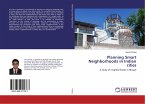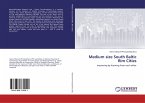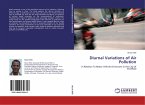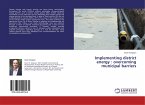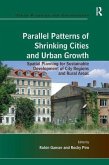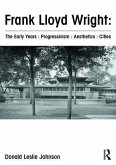This study examines the spatial and socio-cultural dimensions of begging in Nigerian cities. This is with a view to identifying and comparing the circumstances surrounding the phenomenon in cities of different socio-cultural background and varying urbanization correlates, and using same as a basis for recommending appropriate control measures against begging in Nigerian cities. The study reveals that incidence of begging varies significantly with city and location within city.It has a relationship with the way and manner urban fabric or land uses are organized.It also reveals that most people beg for alms as a result of poverty and/or destitution, while considerable proportions of beggars are wanderers and criminals that pretend as beggars. More so, while about 47.68% of beggars are handicapped, more than half are able-bodied; this situation has a negative implication for the city economy. Lastly, socio-cultural variables are observed as having influence on the incidence of begging in the society. The study, therefore, recommends certain socio-economic, policy and legal measures to address the menace.
Hinweis: Dieser Artikel kann nur an eine deutsche Lieferadresse ausgeliefert werden.
Hinweis: Dieser Artikel kann nur an eine deutsche Lieferadresse ausgeliefert werden.


